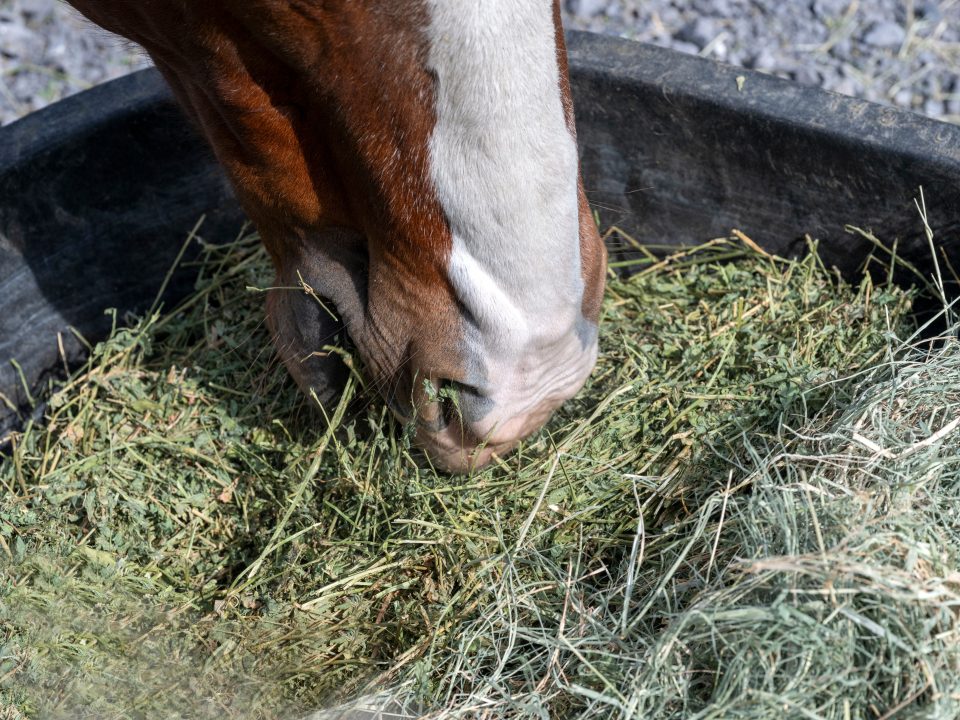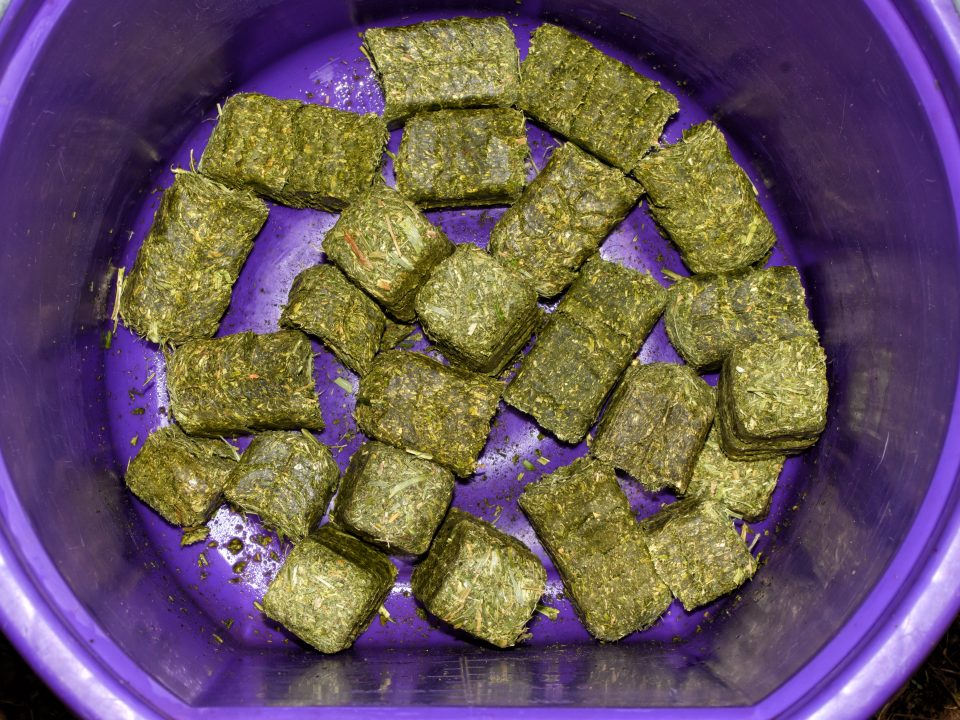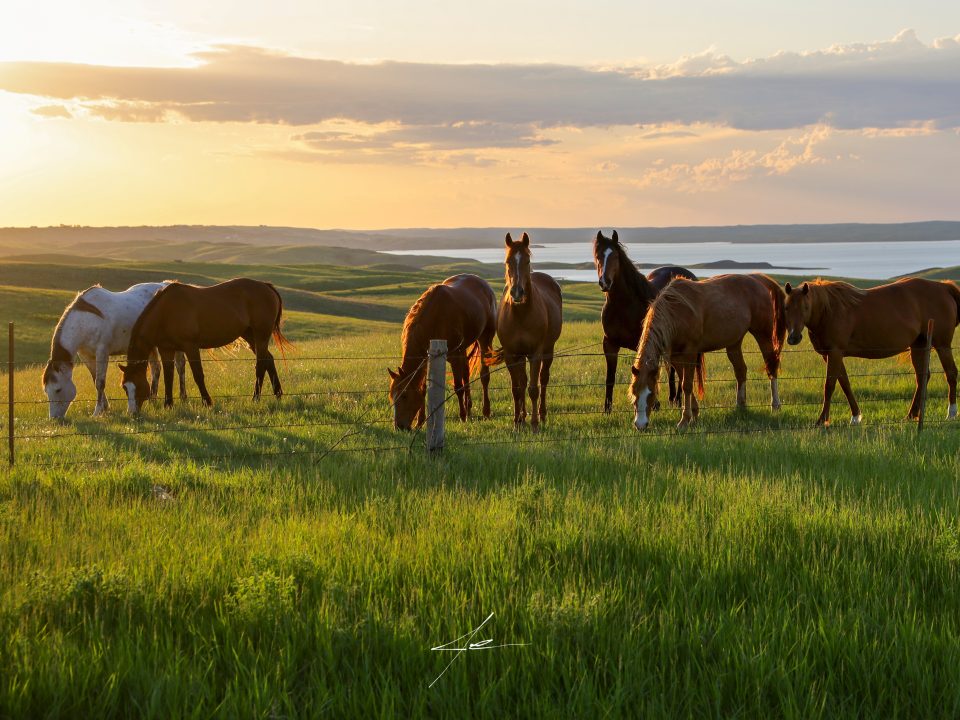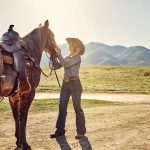
Probiotics for Your Horse: Why Gut Health Starts Here
June 3, 2025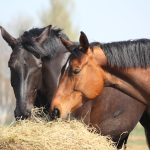
Horse Weight Management for Easy Keepers vs. Hard Keepers
June 6, 2025Essential Nutrients for Senior Horses: What Changes as They Age?

Supporting Longevity with Country Companion
As horses age, their nutritional needs evolve—just like ours. From changes in digestion to shifts in muscle tone and immune function, senior horses require a more tailored approach to feeding. Whether your horse is still active or enjoying a slower pace, understanding these changes is key to keeping them healthy and happy in their golden years.
When Is a Horse Considered “Senior”?
Typically, horses are considered seniors around 15 to 18 years of age. However, thanks to advances in veterinary care and nutrition, many horses now live well into their 30s. That said, aging brings physiological changes that can impact how nutrients are absorbed and utilized.
What Changes as Horses Age?
1. Digestive Efficiency Declines
Older horses often experience reduced digestive efficiency, particularly in fiber and protein absorption. This can lead to weight loss, loose manure, or even chronic diarrhea. Dental issues, like worn or missing teeth, can also make chewing forage difficult.
2. Muscle Loss and Topline Weakness
Aging horses tend to lose muscle mass, especially along the topline. This is often due to decreased protein utilization. Feeds with enhanced amino acid profiles, like those found in Country Companion Senior Equine feed, can help maintain muscle tone.
3. Joint and Immune Support
Arthritis and immune suppression are common in older horses. Nutrients like vitamin E, and selenium support joint health and immune resilience. Country Companion Senior Equine is fortified with these essential nutrients to help your horse stay active and protected.
4. Energy Needs Shift
While some seniors remain active and require higher-calorie diets, others may need fewer calories to avoid weight gain. The key is to provide energy-dense, easily digestible feeds that don’t overload the digestive system. Pelleted senior feeds like Country Companion Senior Equine are designed to be fed with or without hay, depending on the horse’s dental health and body condition.
Feeding Tips for Senior Horses
- Choose a Senior-Specific Feed: These are formulated with higher fiber, added fat, and enhanced vitamin/mineral profiles.
- Soften the Feed: Soaking pellets or cubes can make meals easier to chew and digest.
- Monitor Body Condition: Regularly assess your horse’s weight and muscle tone to adjust feeding as needed.
- Provide Clean Water: Hydration is critical, especially for horses on dry feeds or with limited pasture access.
Why Feed a Senior Horse Feed?
Country Companion Senior Equine feed is specifically designed to support the nutritional needs of older horses and comes in an easy-to-chew form. Country Companion Senior Equine is a high-quality senior horse feed formulated with 14% protein, 7% fat, 16% fiber and includes Actiguard-EQ™, an exclusive blend of probiotics and added yeast culture to promote a healthy digestive system. Whether your senior horse is still hitting the trails or enjoying retirement, Country Companion helps them thrive at every stage.

